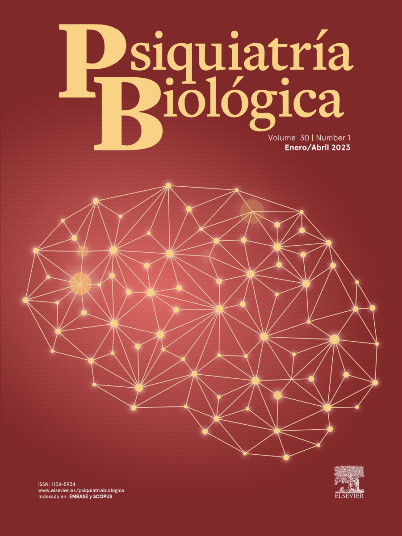Suicide is a major global health issue with profound impacts on individuals, families, and societies. Understanding the factors that influence the lethality of suicide attempts, the frequency of reattempts, ultimate causes of death, and associated immune biomarkers is crucial for developing effective prevention strategies. This article outlines the rationale, objectives, and protocol of a new cohort study, presenting preliminary descriptive results.
MethodsWe designed a prospective, naturalistic cohort study involving patients from the Arnau de Vilanova and Santa Maria University Hospitals in Lleida, Spain. Participants are recruited following a suicide attempt and are monitored over time. Data on clinical assessments, suicidal methods, somatic lethality, immune biomarkers, reattempts, and causes of death are collected and analyzed. The cohort continues to recruit patients and update follow-up data.
ResultsCurrently, the cohort includes 1918 patients. The majority of participants are females (62.8%) with an average age of 41.2 years. The average follow-up period is 77.6 months. Sedative poisoning is the most common method of suicide attempt (57.3%). High lethality attempts predominate (76.7%), and 43.4% of patients have reattempted suicide. During follow-up, 5.5% of patients died, with 2.1% of deaths attributed to suicide.
ConclusionThe findings from this study are expected to enhance our understanding of the relationships between suicide lethality, reattempts, mortality, and immune biomarkers. This knowledge may help to personalize interventions aimed at reducing suicide rates and improving outcomes for individuals at high risk.
El suicidio es un importante problema de salud mundial con profundos impactos en los individuos, las familias y las sociedades. Comprender los factores que influyen en la letalidad de los intentos de suicidio, la frecuencia de los reintentos, las causas finales de muerte y los biomarcadores inmunitarios asociados es crucial para desarrollar estrategias de prevención eficaces. Este artículo describe la justificación, los objetivos y el protocolo de un nuevo estudio de cohorte, presentando resultados descriptivos preliminares.
MétodosDiseñamos un estudio de cohorte prospectivo y naturalista que incluyó a pacientes de los hospitales universitarios Arnau de Vilanova y Santa María en Lleida, España. Los participantes se reclutan después de un intento de suicidio y se les hace un seguimiento a lo largo del tiempo. Se recopilan y analizan datos sobre evaluaciones clínicas, métodos suicidas, letalidad somática, biomarcadores inmunitarios, reintentos y causas de muerte. La cohorte continúa reclutando pacientes y actualizando los datos de seguimiento.
ResultadosActualmente, la cohorte incluye 1.918 pacientes. La mayoría de los participantes son mujeres (62,8%) con una edad media de 41,2 años. El período medio de seguimiento es de 77,6 meses. La intoxicación por sedantes es el método más común de intento de suicidio (57,3%). Predominan los intentos de alta letalidad (76,7%) y el 43,4% de los pacientes han vuelto a intentarlo. Durante el seguimiento, el 5,5% de los pacientes murió, y el 2,1% de las muertes se atribuyeron al suicidio.
ConclusiónSe espera que los hallazgos de este estudio mejoren nuestra comprensión de las relaciones entre la letalidad del suicidio, los reintentos, la mortalidad y los biomarcadores inmunitarios. Este conocimiento puede ayudar a personalizar las intervenciones destinadas a reducir las tasas de suicidio y mejorar los resultados para las personas con alto riesgo.








